William Shakespeare's The Comedy of Errors
By Doc Sherwood
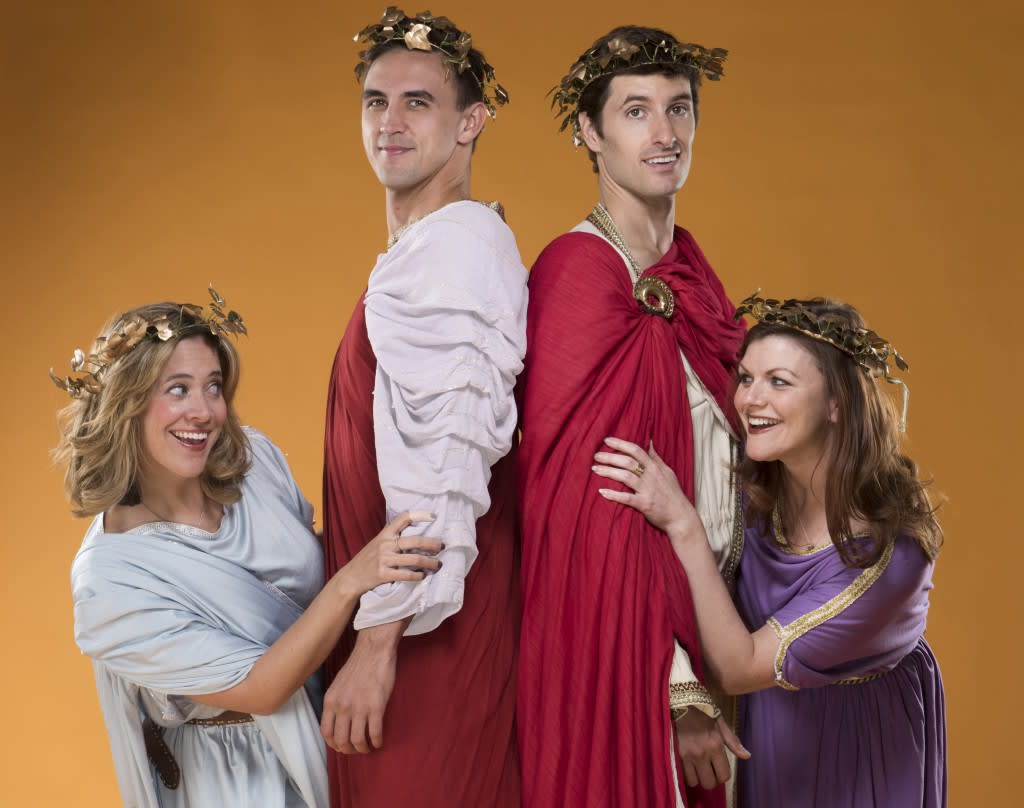
The Comedy of Errors was written around 1594, and is one of the eight or so plays that may have been Shakespeare’s first. Like several others from the early group, it does not appear to have seen print until the collected edition of 1623.
There are many unique traits that distinguish The Comedy of Errors. The first is that it is by some distance Shakespeare’s shortest play. At only around 1800 lines, it is less than half as long as the likes of Hamlet or Richard the Third. Another is that there is no record of The Comedy of Errors ever having been performed in a public theatre of Shakespeare’s time. It seems instead that the play was written for a very specific private occasion.
That occasion was the Christmas party at the Honourable Society of Grey’s Inn, on the 28th of December 1594. Presumably this was the first performance of The Comedy of Errors, and once again it’s unusual that we know when that was for any play by Shakespeare, especially one of the early group. On that night, the young lawyers of the Society and the men who financed their studies must have celebrated the festive season in fine fashion, by being the very first audience for one of Shakespeare’s plays. This will also be why the play itself is so short, as it was just one part of a whole evening’s entertainments.
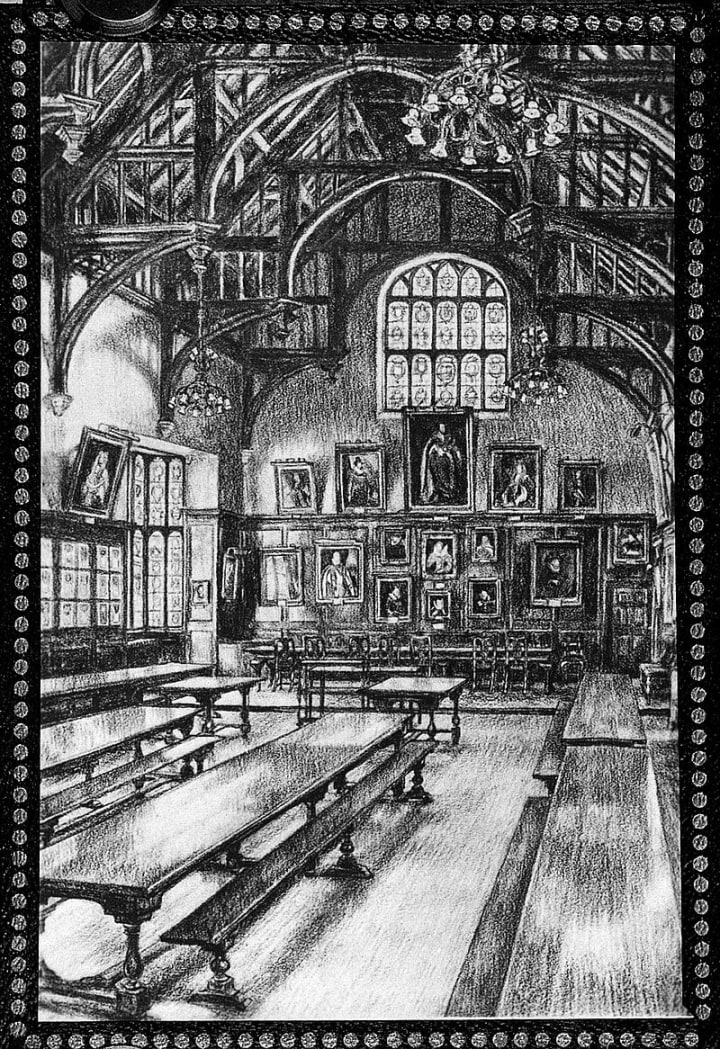
The other much remarked-upon oddity about The Comedy of Errors is that it is one of only two plays by William Shakespeare to observe the neoclassical law of the three unities. The other is The Tempest, which was one of Shakespeare’s very last works. French scholars of the Sixteenth and Seventeenth Centuries, working from and expanding on the ancient ideas of Aristotle, argued that a play should have just one united plot, and all its action should occur in the same place and on the same day. Shakespeare’s all-but-complete rejection of these rules is in fact why the French model was never taken up by English dramatists.
The Comedy of Errors is based on a classical Roman play by Plautus, titled The Menaechmi. This story is about identical twin brothers who are separated soon after birth, and then as young men are thrown together in the same city, neither one aware of the other’s presence. The supporting characters, of course, continually mistake them for each other, and this generates much of the humour in Plautus’s original comedy.
Shakespeare expands on his source material by introducing two servants for the brothers, who also happen to be identical twins! Thereby the later playwright doubles, in every sense, his own comedy’s potential for laughs. Himself the father of boy-girl twins, Shakespeare would later in his career tell a similar story with Twelfth Night, this time about a twin brother and sister being mistaken for each other. The Comedy of Errors further resembles Twelfth Night in that each pair of twins is divided during a shipwreck. Parents and children are also separated this way in both The Tempest and Pericles.
Returning to The Comedy of Errors, one son and one servant are washed away to Ephesus with their mother, and other two borne home to Syracuse with their father Egeon. He brings up his one remaining son alone, renaming him and the servant after their brothers who were lost. Thus the twin heroes of the play are both called Antipholus, and their twin servants are both called Dromio.
When Antipholus of Syracuse grows up, he becomes curious about the mother and twin he lost in the shipwreck. He sets off on a journey to find them, taking with him his servant Dromio of Syracuse. Egeon, a little later, also decides to search for his absent wife and son. This roaming of the land leads him at last to Ephesus, where the other Antipholus and his Dromio are indeed still living.
Coincidence plays a large part in The Comedy of Errors. It so happens that Antipholus of Syracuse and his Dromio soon arrive in Ephesus too, so that both pairs of brothers, both pairs of servants and Egeon are all there on the same day. The stage is thereby set, literally and figuratively, for much farcical comedy. This begins soon after Antipholus of Syracuse arrives in Ephesus, and promptly mistakes his brother’s servant Dromio for his own.
As the two pairs of twins are only required to meet onstage at the very end of the play, some productions cast the same actor for both masters and both servants, using stand-ins for the one scene in which they are together. Other productions use two different actors for each part. We don’t know how this was handled in Shakespeare’s time, but it remains a decision for any director of The Comedy of Errors (and indeed Twelfth Night).
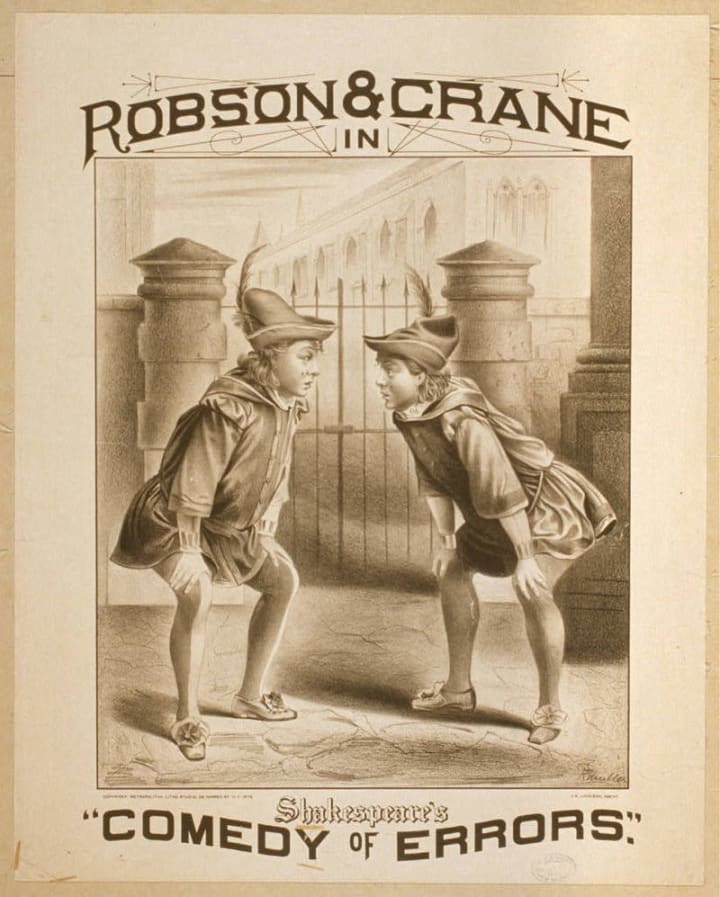
At the climax of The Comedy of Errors, Antipholus of Syracuse and his Dromio (both by now fleeing from angry creditors, angry wives, angry lovers and the law) hide in the local priory where they are sheltered by the Abbess. One subplot among many is that Antipholus of Ephesus has turned out to be married, and is an unfaithful husband. To his wife, Adriana, the Abbess here proceeds to deliver a stern lecture on how her bad temper must have driven her Antipholus to be unfaithful in the first place. We might remember that The Comedy of Errors was written for an all-male audience, who will probably have appreciated such a sentiment!
At this point however, as the story draws near its end, the truth finally begins to emerge. Both pairs of twins meet at last, and Egeon is brought forward to explain what’s really going on. In one final coincidence, the Abbess turns out to be Egeon’s long-lost wife and the mother of their twins. Thus the whole family is reunited, and Antipholus of Syracuse marries Adriana’s sister in an apt fulfilment of the traditional comedic “Jack shall have Jill” happy ending. Mary Lamb in 1807 however, imagining the events that might have happened after this, closed her retelling of the play as follows:
“Nor did the unravelling of these perplexities so entirely remove every ground of mistake for the future, but that sometimes, to remind them of adventures past, comical blunders would happen, and the one Antipholus, and the one Dromio, be mistaken for the other, making altogether a pleasant and diverting Comedy of Errors.”
About the Creator
Enjoyed the story? Support the Creator.
Subscribe for free to receive all their stories in your feed. You could also pledge your support or give them a one-off tip, letting them know you appreciate their work.

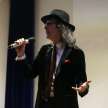
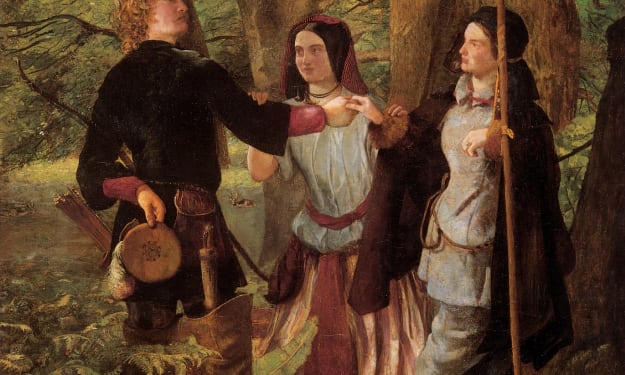



Comments (1)
Winderful story & splendidly written!!! Loved this!!! ❤️❤️💕